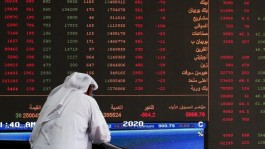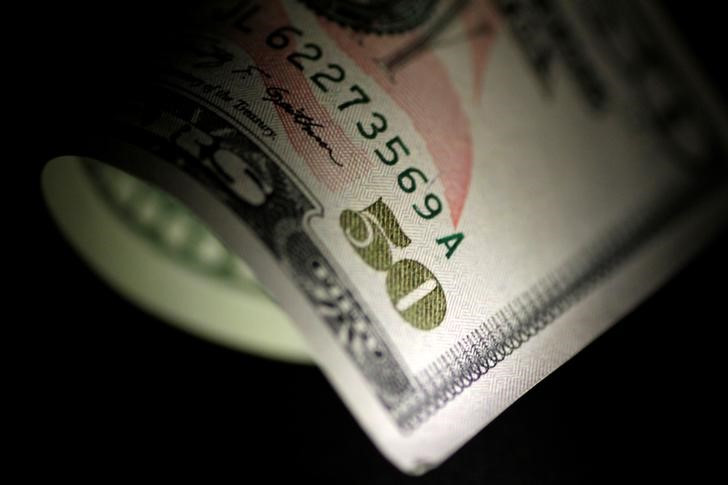The dollar fell against a basket of the other major currencies on Friday as U.S. political uncertainty and growing doubts over the prospects for another rate hike by the Federal Reserve this year weighed.
The U.S. dollar index, which measures the greenback’s strength against a trade-weighted basket of six major currencies, was down 0.3% at 93.36 late Friday. For the week the index was up 0.43%.
USD/JPY was down 0.36% at 109.18 in late trade. The greenback fell to four month lows against the Japanese currency earlier in the day but pared losses after reports that senior White House advisor Steven Bannon was leaving his post.
Ongoing uncertainty over the economic agenda of U.S. President Donald Trump and doubts that the Fed will deliver a third rate hike this year have fed into recent dollar weakness.
The dollar surged to 14-year highs after Trump’s November election on hopes that his plans for fiscal stimulus and tax reform would bolster the economy. The dollar has since given up its post-election gains amid mounting concerns about the administration’s ability to deliver on its agenda.
Lower rates typically weigh on the dollar by making U.S. assets less attractive to yield-seeking investors.
The euro was higher against the dollar, with EUR/USD rising 0.32% to 1.1760.
The single currency was also higher against sterling, with EUR/GBP advancing 0.25% to 0.9132.
The euro posted its third consecutive weekly gain against the pound, rising 0.56% amid growing expectations that the Bank of England will keep interest rates on hold in the coming months amid concerns over the economic fallout from Brexit.
In the week ahead, investors will be looking ahead to speeches by central bankers at the Fed’s annual central bank symposium in Jackson Hole, Wyoming.
Investors will also be watching U.S. data on housing and durable goods to gauge how it will impact on Fed policy, while the euro zone is to release data on private sector activity.
Ahead of the coming week, Investing.com has compiled a list of these and other significant events likely to affect the markets.
Monday, August 21
Canada is to release data on wholesale sales.
Tuesday, August 22
The UK is to release data on public sector borrowing.
The ZEW Institute is to report on German economic sentiment.
Canada is to release data on retail sales.
Wednesday, August 23
European Central Bank President Mario Draghi is to speak at an event in Germany.
The euro zone is to release data on manufacturing and service sector activity.
Dallas Fed President Robert Kaplan is to speak.
The U.S. is to release data on new home sales.
Thursday, August 24
The UK is to release revised data on second quarter growth.
The U.S. is to report on jobless claims and existing home sales.
Meanwhile, the annual meeting of top central bankers and economists in Jackson Hole will get underway.
Friday, August 25
The Ifo Institute is to report on German business climate.
The U.S. is to release data on durable goods orders.
ECB President Mario Draghi is to speak in Jackson Hole.
Investing.com






































